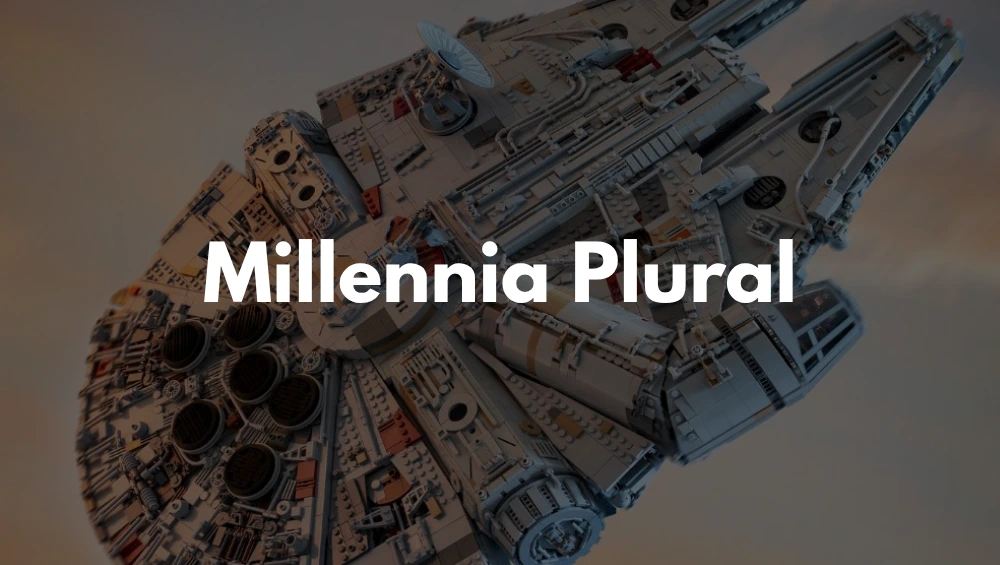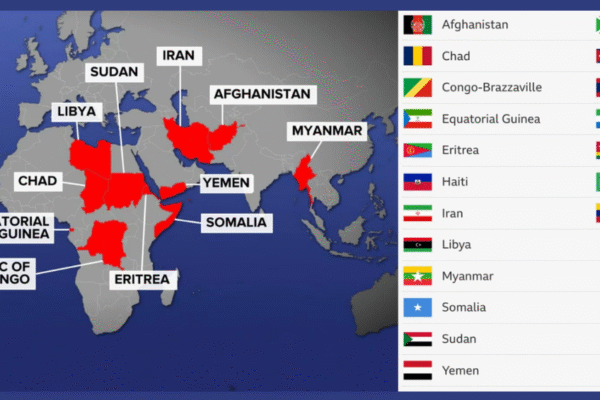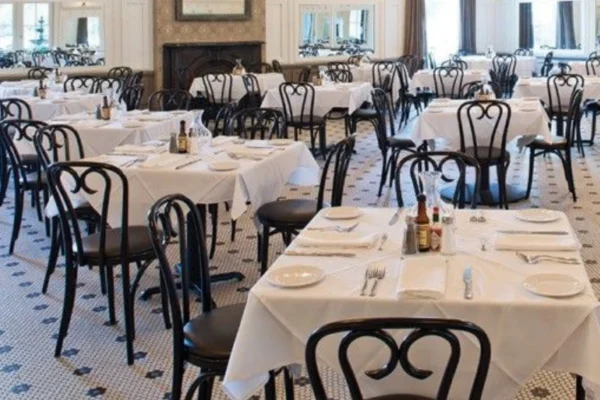English grammar can be tricky, especially when it comes to irregular plural forms. One word that often confuses people is “millennium.” If you’ve ever wondered what the correct plural form is and why, you’re not alone. In this article, we’ll break down everything you need to know about the millennia plural, where it comes from, and how to use it correctly in writing and conversation.
Whether you’re a student, writer, or just curious about language, understanding the millennia plural will help you sound more professional and informed.
What Does Millennium Mean?
Before we dive into the millennia plural, let’s first understand what a millennium is. A “millennium” refers to a period of 1,000 years. For example, the year 2000 marked the beginning of a new millennium, and we’re currently living in the third millennium of the Common Era.
The word “millennium” comes from Latin, where “mille” means “thousand” and “annus” means “year.” So, quite literally, a millennium is “a thousand years.”
So, What Is the Millennia Plural?
The correct plural form of “millennium” is “millennia.” That means if you’re talking about more than one 1,000-year period, you should use “millennia.”
For example:
-
Incorrect: Over the past few millenniums, technology has advanced rapidly.
-
Correct: Over the past few millennia, technology has advanced rapidly.
The millennia plural follows a pattern common to many Latin-based words in English. Similar to how “bacterium” becomes “bacteria” and “datum” becomes “data,” “millennium” becomes “millennia.”
Why the Millennia Plural Isn’t “Millenniums”
You might hear people use “millenniums,” and while it’s becoming more common in informal speech, it’s still considered less correct in formal writing or academic contexts.
The millennia plural sticks to its Latin roots. Since English borrows many words from Latin, the original plural forms are often preserved. While “millenniums” might technically be understood, it’s not the preferred or traditional form.
Using the correct millennia plural is especially important in essays, reports, and professional settings where grammar matters.
Examples of Millennia Plural in Use
To help you get a better feel for how to use the millennia plural, here are some examples in real sentences:
-
Archaeologists study how ancient civilizations evolved over the last several millennia.
-
Climate patterns have shifted dramatically over past millennia, shaping the Earth’s geography.
-
The mythologies from different millennia reveal the evolution of human belief systems.
Notice how in each case, the speaker is referring to more than one millennium, making “millennia” the correct word to use.
Other Latin Words with Similar Plural Forms
If you find the millennia plural confusing, you’re not alone but you’re also not new to this kind of rule. English has adopted many words from Latin that follow the same pluralization pattern:
-
Cactus → Cacti
-
Alumnus → Alumni
-
Curriculum → Curricula
-
Phenomenon → Phenomena
Recognizing these patterns will help you use words like the millennia plural more confidently.
Common Mistakes with the Millennia Plural
Let’s look at a few common mistakes people make when using the millennia plural:
1. Adding “s” at the end
As we’ve mentioned, writing millenniums may seem logical based on other English plurals, but it doesn’t follow the Latin rule. Always use millennia instead.
2. Using “millennia” for a single 1,000-year period
This is a grammar slip that changes the entire meaning. Remember, millennium is singular, millennia is plural.
-
Wrong: This millennia has brought great change.
-
Right: This millennium has brought great change.
3. Confusing millennia with centuries or decades
A decade is 10 years, a century is 100 years, and a millennium is 1,000 years. If you’re writing or speaking, be sure to use the correct time span and the correct millennia plural when needed.
Why the Correct Millennia Plural Matters
You might wonder does it really matter if I use millennia or millenniums?
Yes, it does, especially in professional, academic, or formal writing. Using the proper millennia plural shows that you understand grammar rules, value language accuracy, and are well-educated in the nuances of English.
Language is a powerful tool. Small mistakes can affect how your message is received. Using the right plural forms improves clarity and credibility.
Final Thoughts
The English language can be complex, but learning simple rules, like the correct millennia plural can go a long way in improving your writing and communication skills. While it might be tempting to add a “guides” and call it a day, sticking with “millennia” is the right choice in both grammar and usage.
Now that you know how to use the millennia, you can confidently talk about history, time periods, and future events that span thousands of years. It’s a small detail that makes a big difference.
Whether you’re a student writing a history paper, a professional crafting a report, or just someone curious about language, understanding the millennia plural adds polish and precision to your English.








